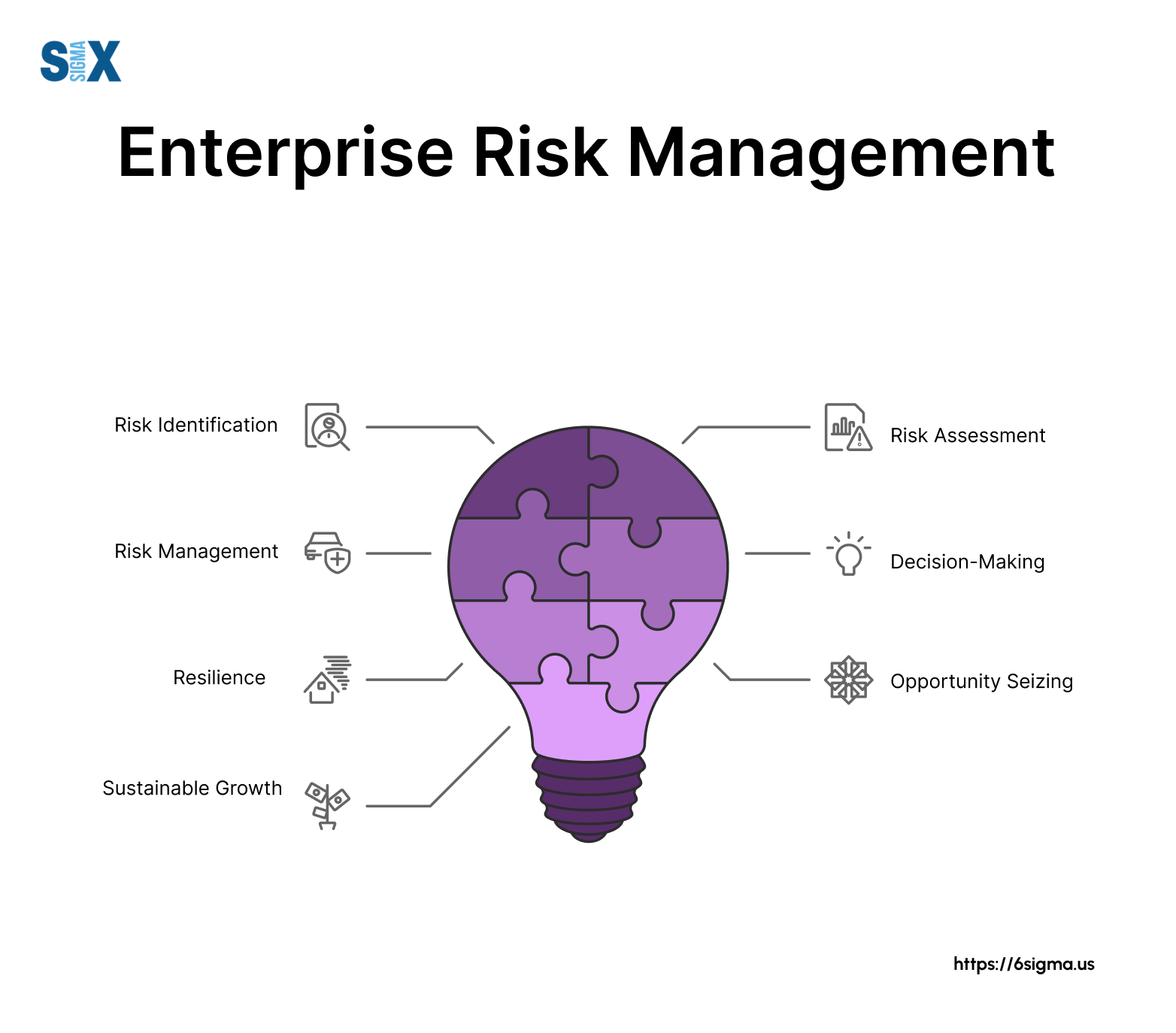The Strategic Importance of Risk Management in Building Market Advantage
The Strategic Importance of Risk Management in Building Market Advantage
Blog Article
The Critical Value of Risk Management in Achieving Organizational Objectives
In the rapidly advancing service landscape, the ability to navigate unpredictability has actually ended up being a critical. This is where Risk Management action in, providing an organized method to determining, assessing, and mitigating potential obstacles to progress. It's more than just a protective action - it's a tactical device, fostering durability and technology. As we explore the critical function of Risk Management in accomplishing business objectives, one can not help but ask yourself: just how does this convert right into real-world success?
Comprehending the Idea of Risk Management in Company

The Important Duty of Risk Management in Strategic Planning
Integrating Risk Management into tactical preparation acts as a secure for companies, anchoring their long-term strategies with a solid structure of readiness and durability. Risk Management provides a structure for anticipating unpredictabilities and designing ideal actions, guaranteeing the company's survival and success even in the face of adversity. By including Risk Management into strategic preparation, organizations can change these uncertainties into opportunities for development and technology.

Methods for Identifying, Assessing, and Focusing On Dangers
The process starts with Risk recognition, using devices such as SWOT evaluation, which helps in pinpointing potential risks and chances. Next, Risk evaluation is performed to identify the possible influence and chance of each Risk. Risks are prioritized based on their potential impact and probability, allowing organizations to focus their resources on critical threats.
Safeguarding Business Operations Through Effective Risk Management
In the company landscape stuffed with uncertainties, reliable Risk Management plays a critical duty in guarding organizational procedures. By determining and analyzing prospective hazards, Risk Management allows companies to establish robust backup strategies. Organizations have to invest in extensive Risk Management strategies to protect their operations.

Converting Possible Hazards to Opportunities: The Power of Risk Management
While possible threats may originally look like obstacles to organizational success, efficient Risk Management can change them right into chances. A proactive strategy to risk Management involves determining, analyzing, and focusing on risks to design strategies that transform them into potential advantages. This procedure demands the growth of a risk-aware culture within the organization, encouraging individuals to check out risks as possible drivers for modification and growth, instead of simple threats. importance of risk management. check my blog Via this lens, possible dangers come to be opportunities to innovate, improve processes, and strengthen resilience. Thus, by leveraging the power of Risk Management, organizations can not only safeguard their operations yet likewise stimulate development and attain their objectives in an uncertain organization setting.
Instance Researches: Success Stories of Risk Management Driving Organization Objectives
Effective execution of Risk Management methods has produced outstanding lead to various businesses, highlighting the advantages of this method. Multinational companies like Microsoft and Google, for circumstances, have actually leveraged Risk Management to reduce threats and manipulate possibilities, driving their service objectives forward. Microsoft's proactive Risk Management approach aided it pivot promptly throughout the 2020 pandemic, transitioning to remote work efficiently, thus keeping productivity. Google, by examining and minimizing prospective dangers in its cloud-based services, has actually made sure continuous solution, consequently reinforcing customer count on. These examples show how effective Risk Management can not only steer businesses free from potential risks but also direct them towards their critical objectives. Hence, Risk Management is important to the quest of business goals.
Conclusion
In conclusion, Risk Management is basically essential in accomplishing organizational goals. By incorporating Risk Management right into critical planning, businesses can better navigate unpredictabilities, guard procedures, and capitalise on chances, therefore straightening with lasting goals.
At its core, Risk Management is this article the procedure of determining, analyzing, and addressing prospective risks that could adversely affect an more information organization's goals or operations. Next, Risk assessment is conducted to determine the prospective effect and possibility of each Risk. Dangers are focused on based on their possible impact and possibility, enabling organizations to concentrate their resources on critical dangers. By determining and examining prospective hazards, Risk Management makes it possible for companies to establish durable contingency plans. An aggressive strategy to take the chance of Management entails recognizing, evaluating, and prioritizing risks to design methods that transform them right into potential advantages.
Report this page